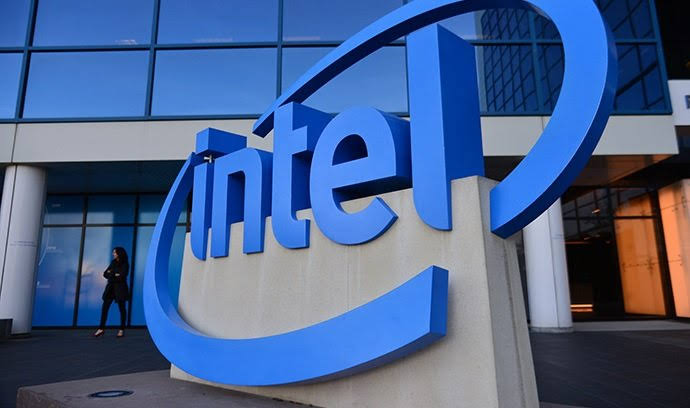Theresa Münch, Andreas Hoenig and Christopher Kissmann, dpa
Germany to provide Intel with nearly €10 billion in subsidies

FELDKIRCHEN – The German government has agreed to provide US chipmaker Intel with subsidies worth almost €10 billion ($10.9 billion) for a production site in the eastern state of Saxony-Anhalt, sources told dpa on Monday.
This means that Intel plans to invest a total of more than €30 billion, including the German state aid. Germany previously promised €6.8 billion in aid. The increase is yet to be approved by the European Commission.
Intel has the largest share of the lucrative global market for semiconductors in personal computers and servers.
In March 2022, Intel announced that the latest generation of chips would be produced in Magdeburg, the state capital of Saxony-Anhalt, from 2027, generating thousands of new jobs.
In a first stage of expansion, two semiconductor plants are to be built in a move that could create several thousand jobs. In addition, a high-tech park for the settlement of suppliers is planned.
All in all, Intel is almost doubling its investments, according to government sources. The effect is a reduction in the relative share of federal funding: Originally, the government would have contributed 40% of the investment volume, now it will be about 33%.
Representatives of the German government and Intel were set to sign an agreement in Berlin on Monday. Beforehand, Chancellor Olaf Scholz planned to meet Intel boss Pat Gelsinger.
The government and the chip manufacturer had been negotiating intensively about the amount of state support until the very end. Meanwhile, preparatory work for construction is under way on the site in Magdeburg.
For Germany, the location of the plant is of strategic importance. At an event dubbed the Day of German Industry on Monday, Scholz said that the country had become unilaterally dependent on semiconductors in the past.
With the European Chips Act and the European Commission’s goal of bringing one-fifth of global semiconductor production to Europe by 2030, Germany’s and the EU’s dependence will be reduced, he said.
“Through such investments we diversify our supply chains and enable German and European companies to source the chips they need in the EU.” It would also create good and sustainable jobs, he said.
Currently, every third chip produced in Europe comes from Saxony, Scholz emphasized. Companies such as Infineon and Wolfspeed have invested in Germany.
“Others are in the starting blocks,” he said. Germany could become one of the world’s major semiconductor production locations, he added.

